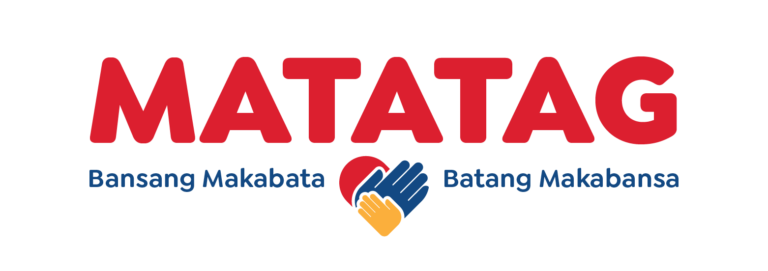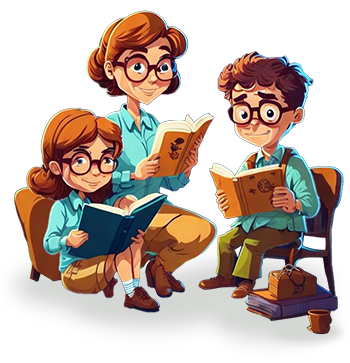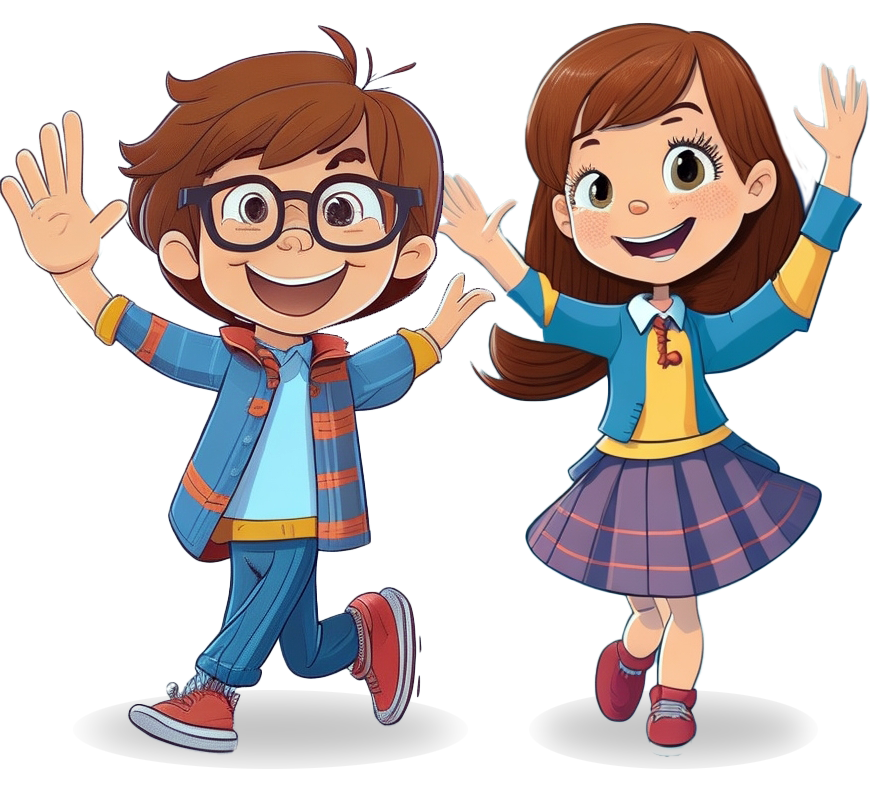
Download the MATATAG Araling Panlipunan Curriculum Here
This paper aims to guide the enrichment of the Araling Panlipunan (Social Studies) curriculum, emphasizing core concepts that should be at the center of this subject’s enriched curriculum. It also discusses various steps to enhance the curriculum. The curriculum is considered the “blueprint” for realizing the aspirations of a society, encompassing a significant part of the educational system and related mechanisms such as family and government support. The curriculum has implications not only for education as a social institution but also for the overall well-being of a country.
The importance of the curriculum lies in its ability to adapt to the changing and dynamic conditions of society. Araling Panlipunan, as a key subject in the K to 12 Curriculum, plays a crucial role in shaping the national identity. Over the years, reforms and changes in elementary and secondary education have highlighted civic competence in the current Araling Panlipunan curriculum.
The implementation of the K to 12 Curriculum brought significant changes to the design and content of Araling Panlipunan. Notably, it introduced the teaching of the subject in the fourth grade, emphasizing the concepts of nationalism. The curriculum includes important concepts and related knowledge that contribute to the fulfillment of curriculum standards and learning competencies in the First Stage of Learning.
Another change in the current curriculum is the inclusion of Philippine History in grades five, six, and seven, aiming to give teachers ample opportunity to meet learning standards and content that deepen students’ understanding of the country’s history. Additionally, contemporary issues and social challenges were introduced in Grade 10 to enrich students’ civic competence. Senior High School prepares students for various fields of study after Grade 12.
A decade has passed since the implementation of this curriculum, prompting the Bureau of Curriculum Development to evaluate it for further improvement, ensuring its relevance to the lives of Filipino students. Experts from inside and outside the country, along with some teachers, noted congestion in certain grade levels of the current curriculum. This congestion has led to many teachers not completing a significant portion of learning competencies within the allotted time, impacting students’ achievement of content and performance standards. It is essential to align learning competencies with performance standards to achieve a reasonable curriculum reform.
The principle of Big Ideas was adopted to address this challenge. Big Ideas are statements that serve as the central concept in learning an academic subject, connecting various knowledge towards a comprehensive understanding. This connection enables students to relate concepts to other ideas, contexts, experiences, and questions, bringing clarity and meaning to many things.
Another observation is the inconsistent writing of content standards and performance standards. Content standards do not clearly indicate the knowledge dimension they want to emphasize. While some skills or abilities are mentioned, they are not clearly linked to the content of the unit. The same issue exists with performance standards. Some grade levels have specific products or tasks to accomplish, while others are more flexible. There are also learning competencies that do not align with performance standards.
In terms of system assessment, the Philippines is part of the Southeast Asia Primary Learning Metrics (SEA-PLM), where global citizenship knowledge is one of the primary measurements. While Filipino students have not lagged behind in this regard based on SEA-PLM results, there is a desire to further develop this capability to promote peaceful relations and cooperation among nations in the globalized world.
With these considerations and foundations in mind, the current version of Araling Panlipunan, especially in the Third Stage (Key Stage 3), will be enriched. Grade 7, focusing on the study of Asia, will emphasize the Philippines’ relations with its neighboring countries in Southeast Asia, while Grade 8 will delve into the Relations of Asia and the World. These changes aim to provide more in-depth discussions and understanding of the complex relationships between the country, Asia, and the world.
Furthermore, Grade 9 will respond to the fundamental concepts in Economics towards sustainable development. This aims to enhance students’ knowledge and skills in analyzing and addressing life-related issues directly related to their lives. Meanwhile, Contemporary Issues and Social Challenges will remain in Grade 10 but will emphasize local and global topics affecting the current situation of students and their communities. Senior High School will focus on preparing students for various fields of study beyond Grade 12.
The curriculum will center on using principles of civic education. These changes are expected to contribute to the development of productive Filipino citizens with a deep love for their country and the world.
Description and Mission of Araling Panlipunan
Araling Panlipunan focuses on the dynamic interaction between individuals and the society they belong to, including the global society and democratic institutions and structures that both support and challenge their lives. As an integrative, interdisciplinary, and multidisciplinary subject, it utilizes various lenses and disciplines of Social Science such as geography, history, sociology, political science, economics, and anthropology to broaden and deepen the examination of social issues and the role of the individual in an expanding society.
Araling Panlipunan is considered a crucial pillar of the curriculum because its primary objective is to cultivate Filipino students to become critical, reflective, productive, and responsible members of society with a strong civic competence deeply rooted in a profound understanding of cultural identity and love for the country, while also possessing a global perspective and values related to social issues.
These goals will be achieved by comprehending, analyzing, and responding to topics, themes, and social issues that begin with oneself and extend to the family, community, province, country, region, and the world, using the big ideas drawn from geography, history, sociology, political science, and economics. Particularly, these skills and abilities are rooted in the goals of basic education, which aim to shape citizens who have functional literacy and lifelong learning skills after formal education. Investigation and analysis are emphasized as key skills. Therefore, the Araling Panlipunan curriculum is not just content-based but also standards-based.
These skills are essential in building a free, peaceful, prosperous, and safe society that recognizes the rights and contributions of Filipino citizens towards the common good. The curriculum seeks to achieve this through the expanding environment or expanding horizon model, focusing on social institutions that have direct relationships with students and serve as guides in their exploration, understanding, and analysis of other social institutions.
Theoretical Foundations
The teaching of Araling Panlipunan is based on theories and studies related to civic competence development. Although there are various perspectives and views on teaching this subject, it can be said that the integrative approach, using the essential skills and abilities of the Social Sciences such as political science, anthropology, economics, geography, history, and social psychology, serves as the foundation for achieving students’ civic competence.
In the context of Araling Panlipunan, various theories of learning are followed. The ecological systems theory, pioneered by Urie Bronfenbrenner, emphasizes the “ecology or environment” of the student as the center of their development. This theory is complemented by the PPCT (Process, Person, Context, Time) model, explaining individual and societal development.
This perspective is significant in pedagogical approaches because the curriculum’s content and abilities are brought to life in the context of students’ experiences at home, school, community, and the broader society.
Additionally, social constructivism, which believes that individuals actively construct meaning and knowledge from their experiences, is valued in this subject. It provides students with the freedom to create meaning from concepts discussed based on their experiences and understanding of the texts they read and analyze.
As an interdisciplinary subject, collaborative learning and experiential learning are commonly used approaches, in addition to thematic-chronological, topical/conceptual, and investigative approaches. These methods are expected to achieve the curriculum’s goal of fostering critical thinking, historical appreciation, and other discipline-related skills.
The teaching of Araling Panlipunan is not limited to these theories and perspectives. It continuously enriches the subject with new approaches, methods, strategies, and techniques based on recent and appropriate studies that support the overall goal of the subject.
Download the MATATAG Araling Panlipunan Curriculum Here
Matatag Curriculum Guide

Kindergarten CG 2023

Reading and Literacy CG 2023

English CG 2023

Araling Panlipunan CG 2023

Filipino Kurikulum CG 2023

GMRC and VE CG 2023

Language CG 2023

Makabansa CG 2023

EPP TLE CG 2023

Mathematics CG 2023

Music and Arts CG 2023

PE and Health CG 2023

